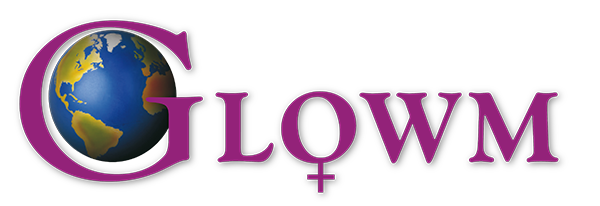This chapter should be cited as follows:
Carlson SE, Glob Libr Women's Med
ISSN: 1756-2228; DOI 10.3843/GLOWM.421653
Nutrition in the Periconceptional, Pregnancy and Postpartum Periods
Volume Editor:
DOI 10.3843/GLOWM.00000
Chapter
Iodine, choline and other crucial micronutrients: effects on pregnancy outcome
VIDEO 11
Deficiency or excess of micronutrients during pregnancy can have irreversible consequences for the newborn and child. If there is severe deficiency in at least one of the nutrients, depending on the length of deprivation, the child may have a decreased antioxidant defense, immune response, redox signaling, wound cicatrization and expression of regulator genes involved in the development of diseases. Iodine deficiency is found in all age groups, and lack of iodine leads to hypothyroidism and other disorders, classified as iodine deficiency disorders. Iodine supplementation can be recommended to fulfill individual needs, especially for expectant mothers, to avoid possible impacts that its deficiency can have on neural development of the fetus.
Most women in middle- and high-resource countries have access to prenatal nutrient supplements in pregnancy; and most take some form of prenatal nutrient supplement. In this presentation, nutrients are identified that remain of concern, despite most pregnant women in the USA having access to and consuming prenatal supplements.
Using the results from a large multicenter trial that was conducted in the USA from 2016 to 2021, we identified five nutrients that remain of concern even when prenatal supplements are consumed1. While all centers were in states in the middle of the USA, i.e. no coastal regions were included, the results do not differ substantially from studies of more generalizable populations conducted in the USA. They should not, however, be assumed to be generalizable to populations outside of the USA, particularly populations in low-resource countries in which some food sources might be unavailable or too costly, and where prenatal supplements may not be available.
Choline and iodine are not currently added to prenatal supplements in amounts that address their observed dietary inadequacy in American pregnant women. Both are crucial for fetal neurodevelopment, however, inadequate intake has consequences for maternal health during pregnancy as well.
Magnesium, potassium and calcium are minerals required in larger amounts, the likely reason being that they are not added or are added in small amount to prenatal supplements. Like choline and iodine, the amounts added to prenatal supplements did not significantly improve the observed dietary inadequacy in the pregnant women studied. Insufficient intake of these three minerals is linked to hypertension and pre-eclampsia, a major cause of preterm birth. Inadequate intakes are also linked to common medical issues in pregnancy that may be less serious but are still consequential for health and wellbeing.
From the results shared, we emphasize the need for practitioners to specify the foods or classes of foods that women need to consume even though they consume a prenatal nutrient supplement. It cannot be assumed that a pregnant woman knows the foods that are good sources of the five nutrients discussed. It is a problem when practitioners use non-specific language such as “you should consume a healthy diet during pregnancy”.
Examples of good food sources for all five nutrients are provided. While other nutrients that are inadequate in the diet are not addressed here, one advantage of focusing on intake of the specified five nutrients is that consumption of the foods in which they are abundant would improve intake of virtually all essential nutrients.
CONFLICTS OF INTEREST
Author(s) statement awaited.
REFERENCE
Crawford SA et al. Micronutrient gaps and supplement use in a diverse cohort of pregnant women. Nutrients. 2023;15:3228. https://doi.org/10.3390/nu15143228 |
Online Study Assessment Option
All readers who are qualified doctors or allied medical professionals can automatically receive 1.5 Continuing Professional Development points plus a Study Completion Certificate from GLOWM for successfully answering four multiple-choice questions (randomly selected) based on the study of this chapter. Medical students can receive the Study Completion Certificate only.
(To find out more about the Continuing Professional Development awards program CLICK HERE)
